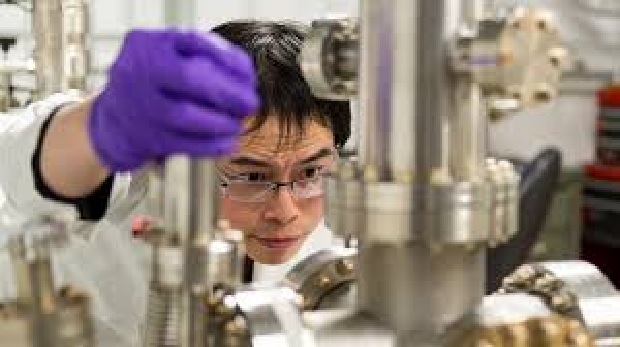Laboratory reactors are of great importance in the development of scientific research as they offer the required conditions for chemical reactions. Of these, bench top reactors are especially useful because of their flexibility and applicability in numerous scientific environments. This article discusses the importance of laboratory reactors and the features and uses of bench top reactors in today’s laboratories.
Significance
Laboratory reactors are indispensable equipment in chemical engineering, pharmaceutical industry, and material science. They enable the researcher to perform experiments under well-defined conditions and thus study reaction kinetics, thermodynamics and scale-up of the process. The information gathered from these experiments is vital in the creation of new products, optimization of processes, and the comprehension of intricate chemical reactions.
Key Features
Bench top reactors are compact in size and highly efficient and are therefore suitable for laboratories with limited space or where many setups are needed. These reactors usually come with options such as temperature control, mixing, and pressure control, which are useful in most experiments. The versatility of bench top reactors makes them ideal for use in teaching as well as in advanced research since they offer a good compromise between performance and flexibility.
Uses
Due to the flexibility of bench top reactors, they can be applied in different fields of science. In pharmaceutical research, they are applied to create new drug molecules and improve the manufacturing procedures. In materials science, bench top reactors help in the synthesis of new materials with desired characteristics like polymers and composites. Furthermore, these reactors are used in environmental science to advance the technologies and processes that have less effects on the environment.
Selection
When choosing a bench top reactor, there are several factors that have to be taken into consideration including the nature of the experiments to be conducted, the chemical compatibility required and the modularity of the system. One should rely on trustworthy suppliers who can give more information about the possibilities and drawbacks of certain models. Selecting a reactor that is suitable for the chemicals and conditions of your experiments will improve its functionality and durability.
Future Trends
The prospects for laboratory reactors are quite favorable, as the development of new technologies will continue to enhance the efficiency of automation, accuracy, and security. It is expected that the control systems of the modern bench top reactors are more advanced and complex to provide better simulation and analysis. Also, the integration with digital data systems and automated reporting tools will enhance the experimental process through real-time monitoring and control.
In conclusion, laboratory reactors, especially the bench top types are very vital in the advancement of science. Due to their accuracy and flexibility, they are suitable for use in various fields and are widely used in various disciplines. With time, the capabilities of these reactors will increase, thus increasing their importance in the development of new solutions and the advancement of knowledge in the field of chemistry.



